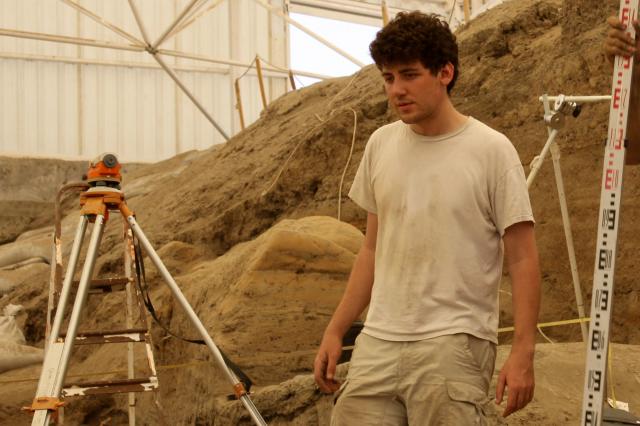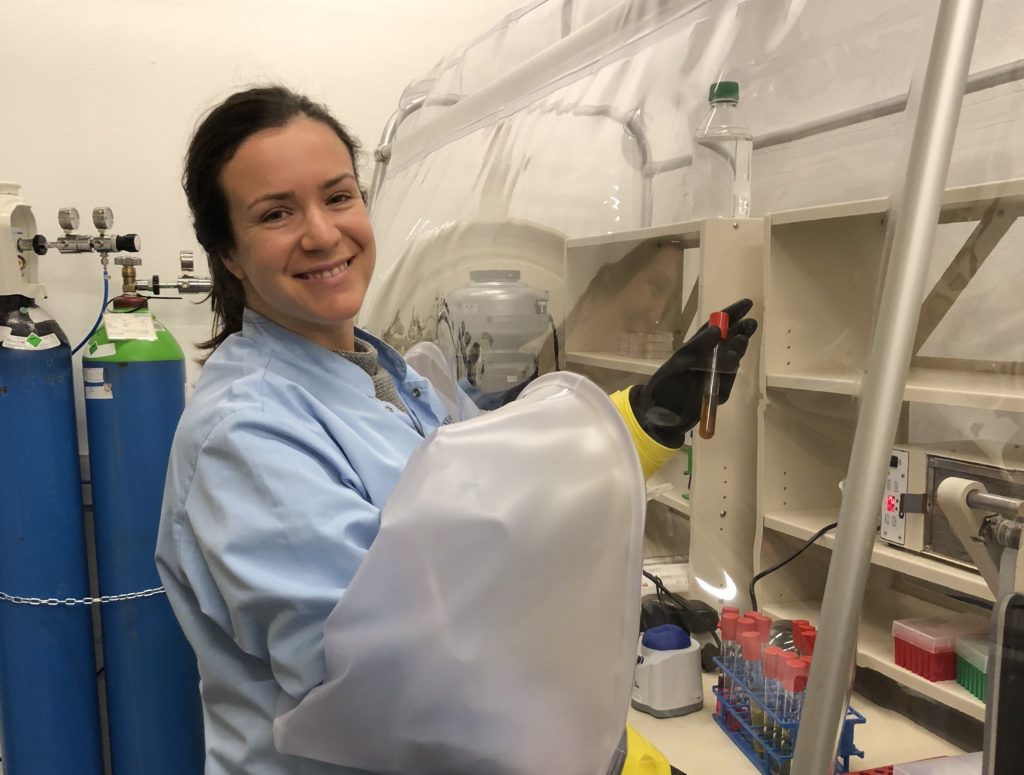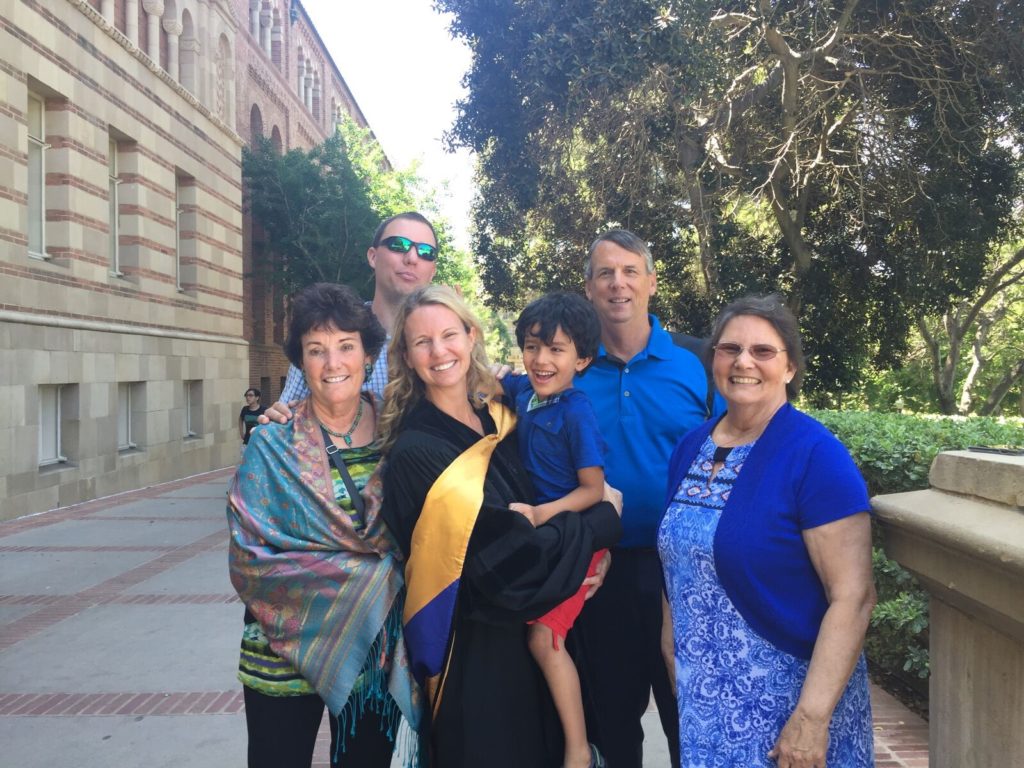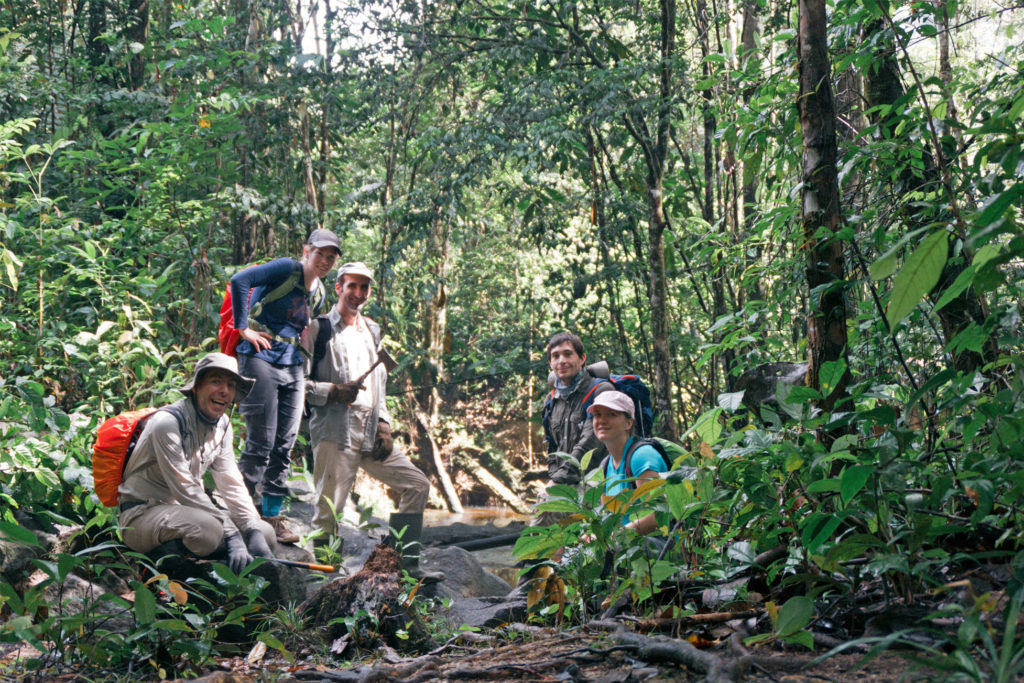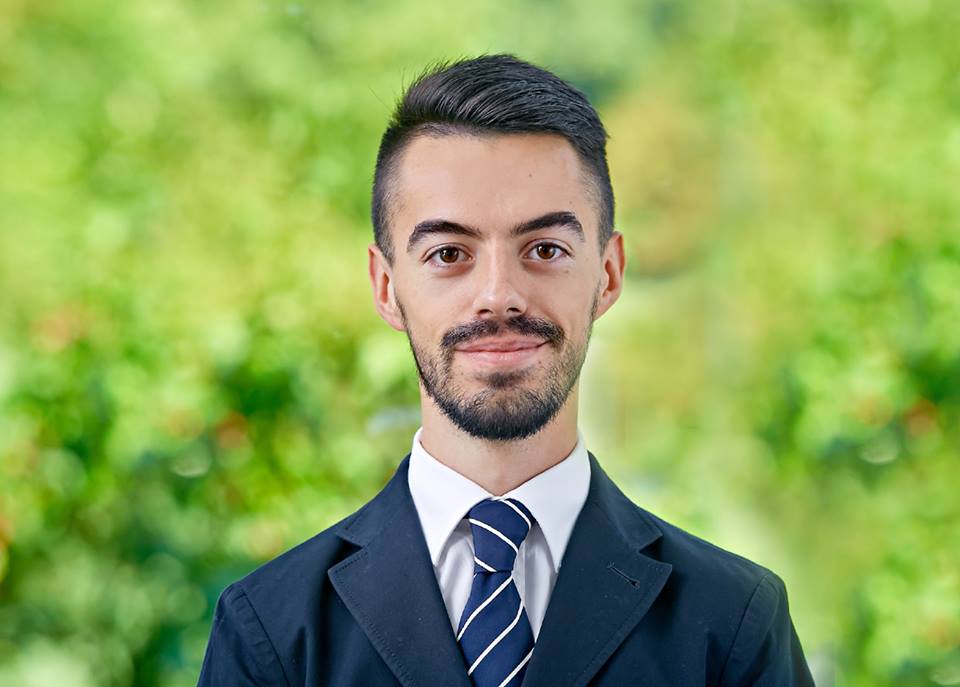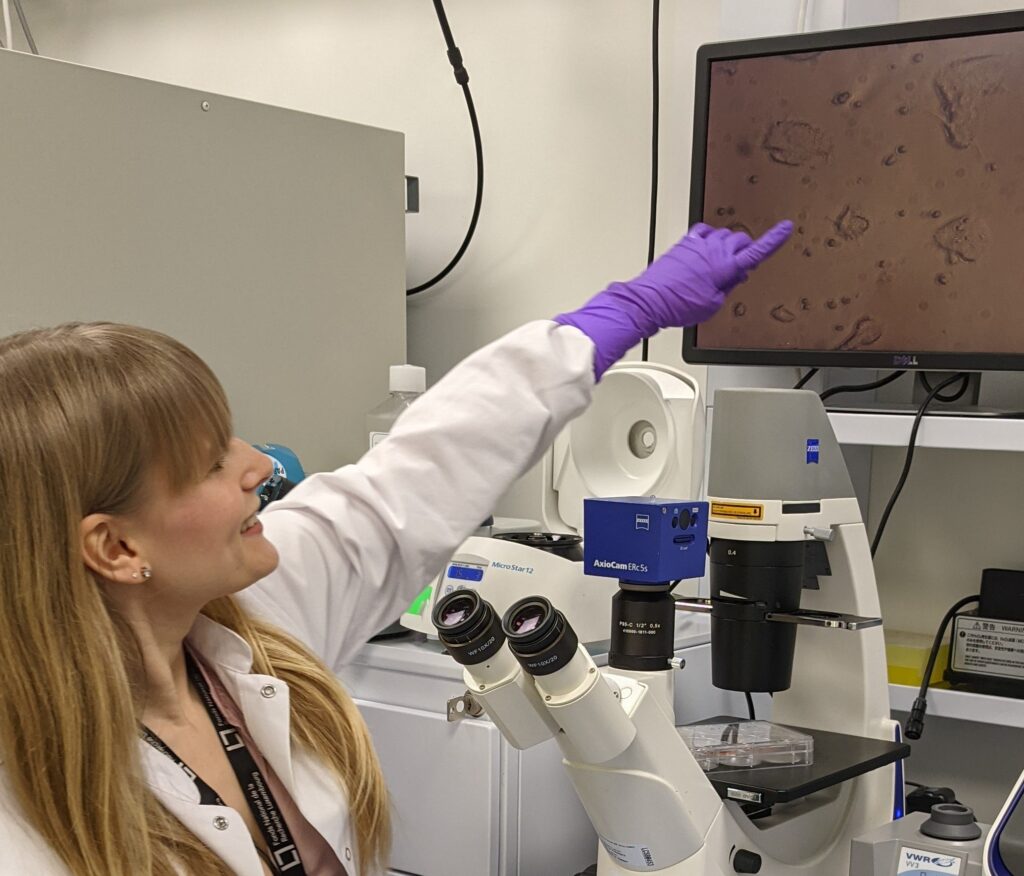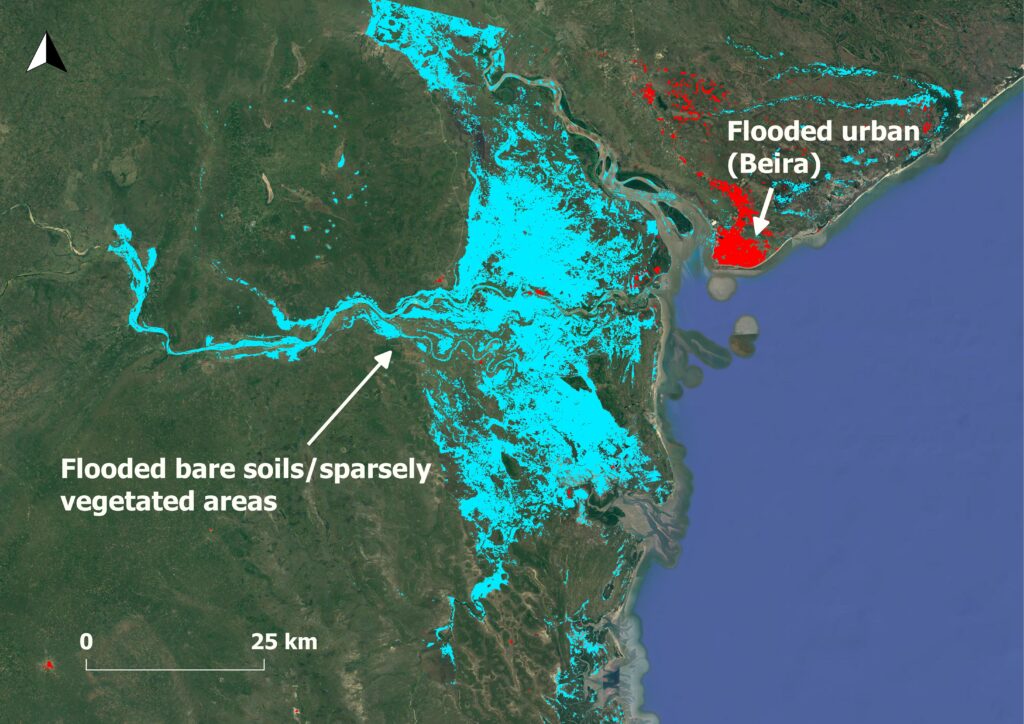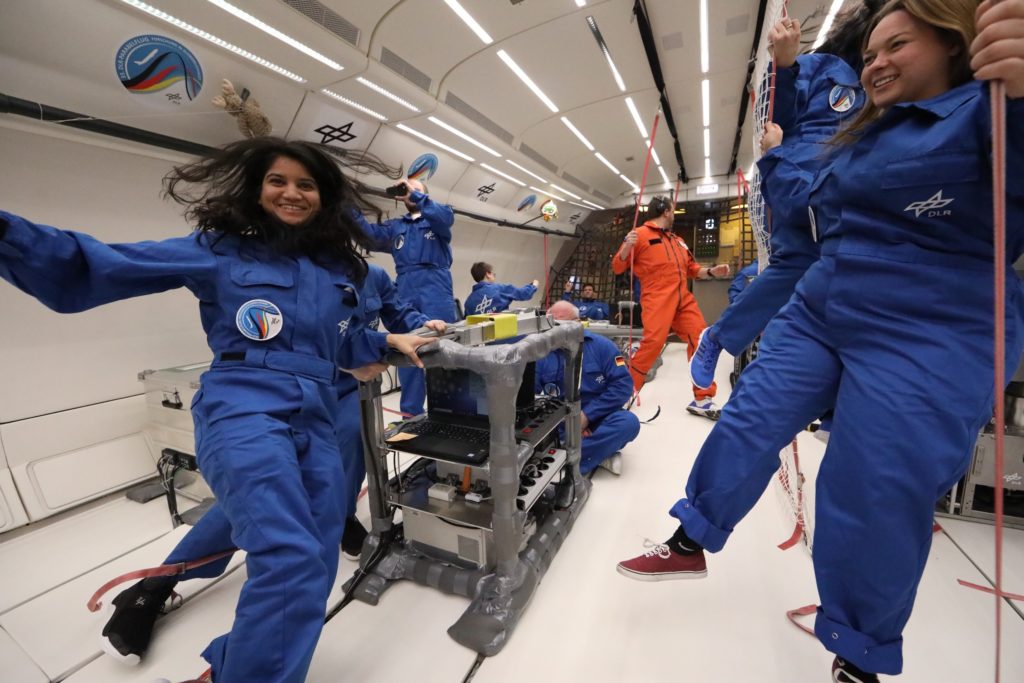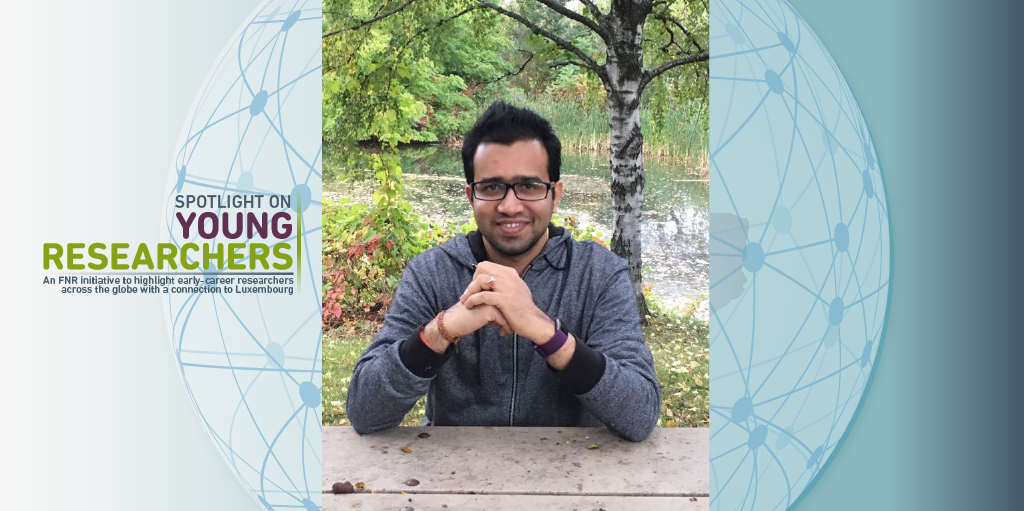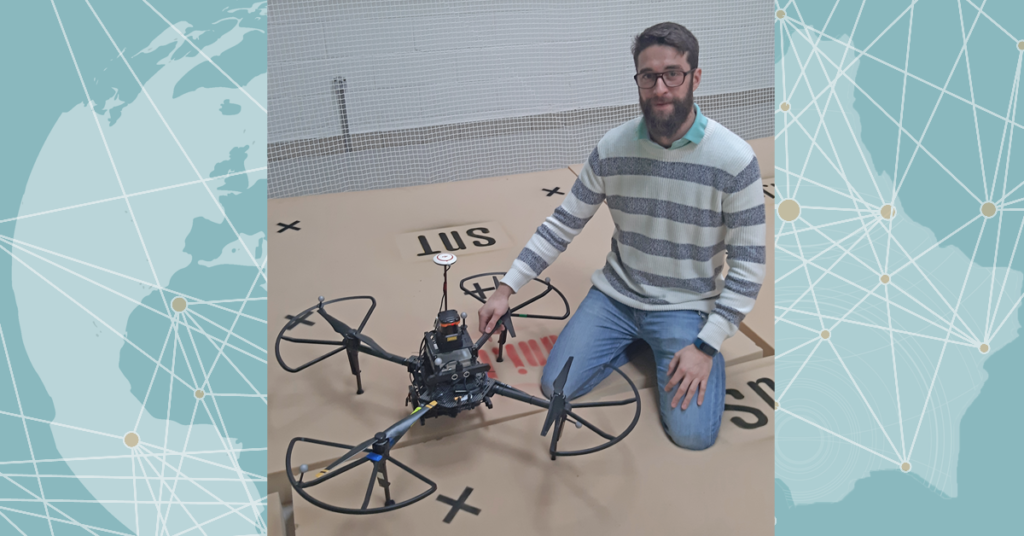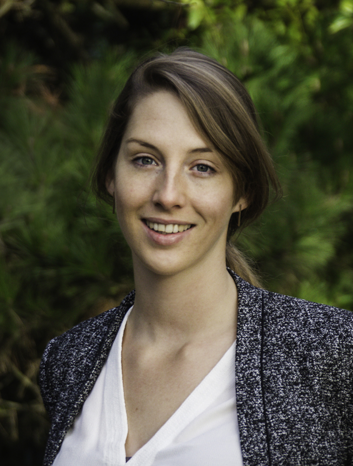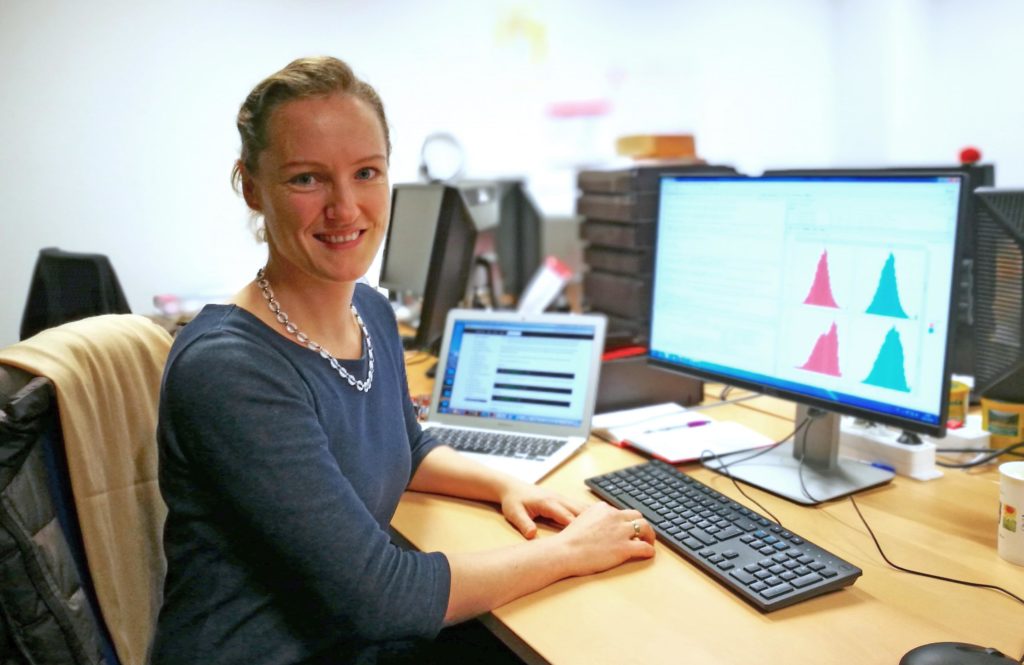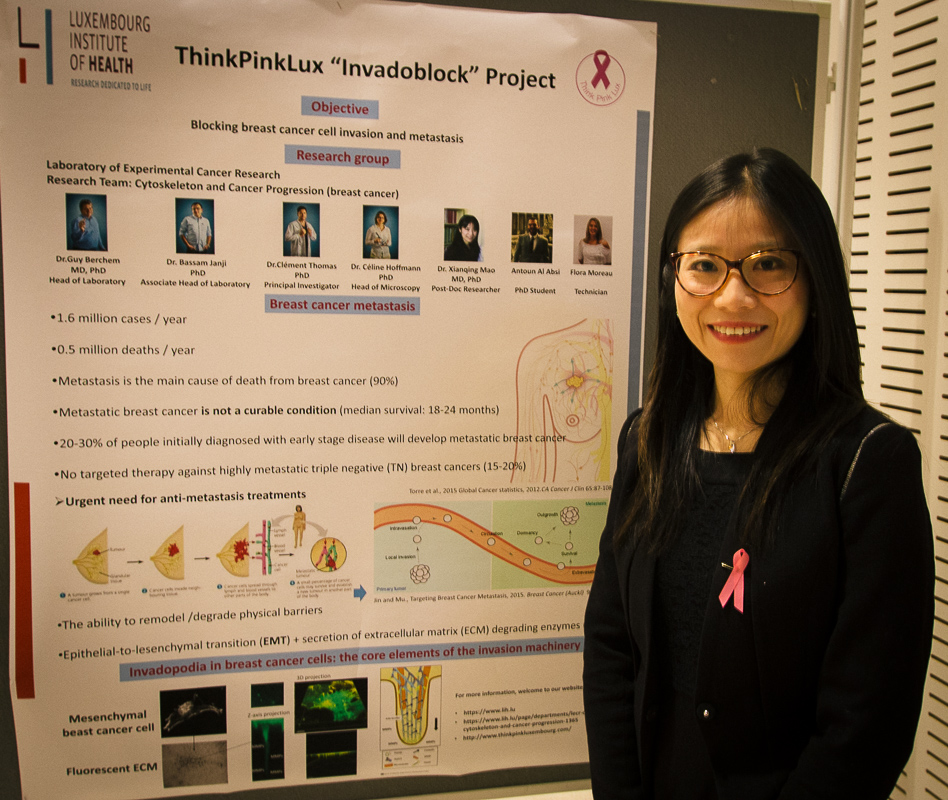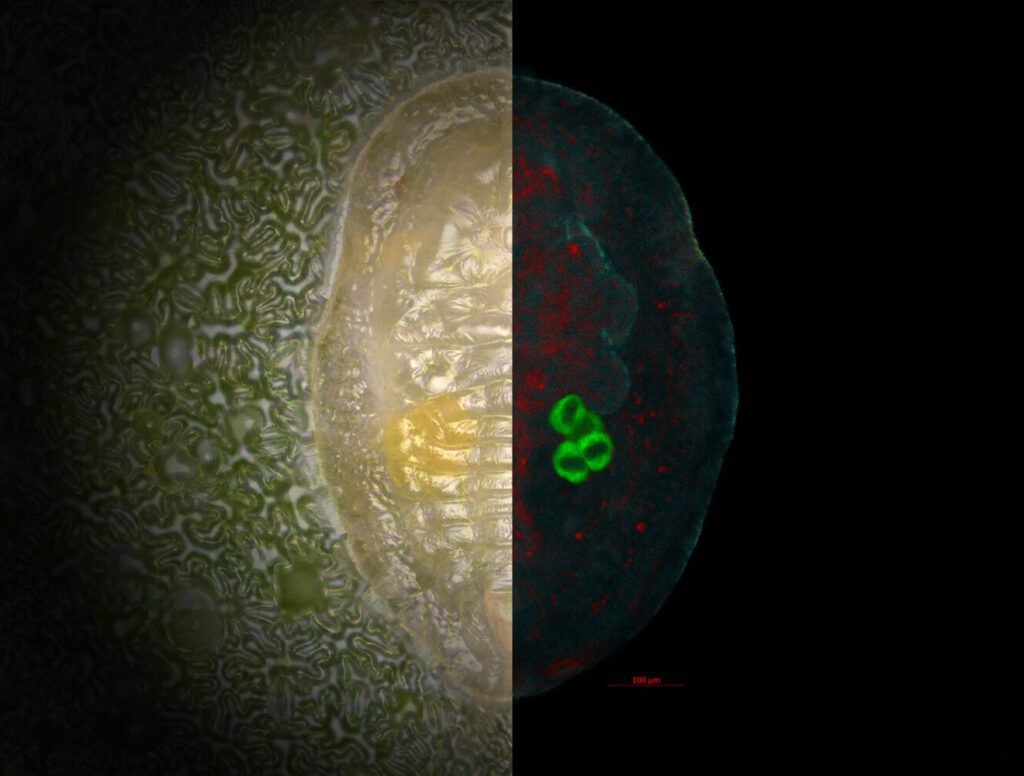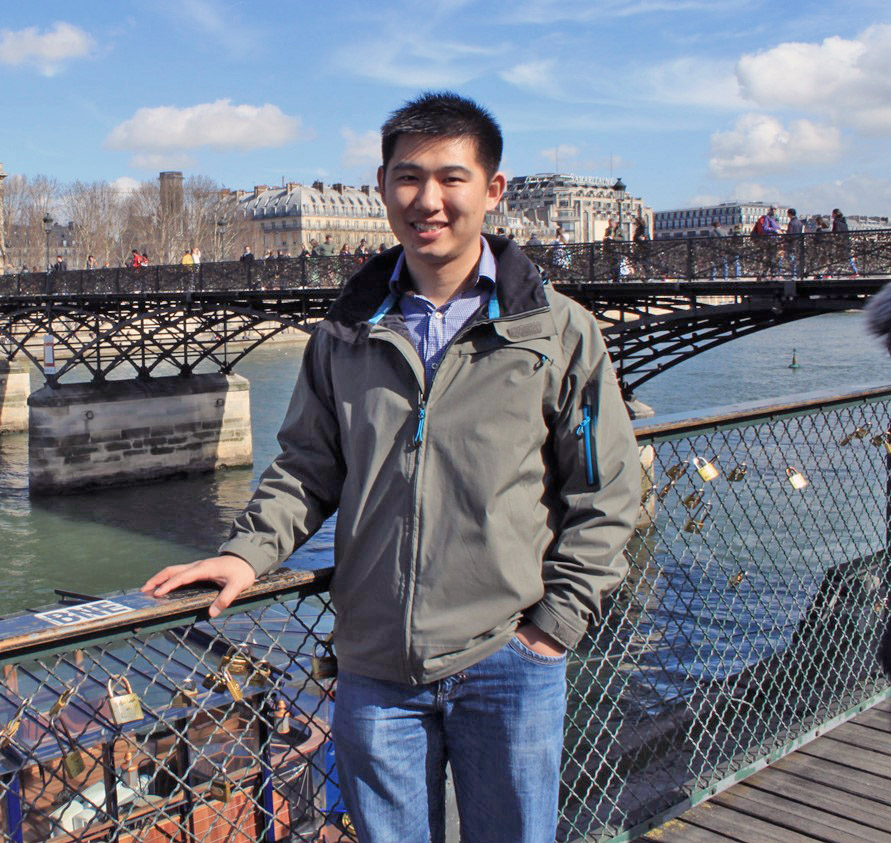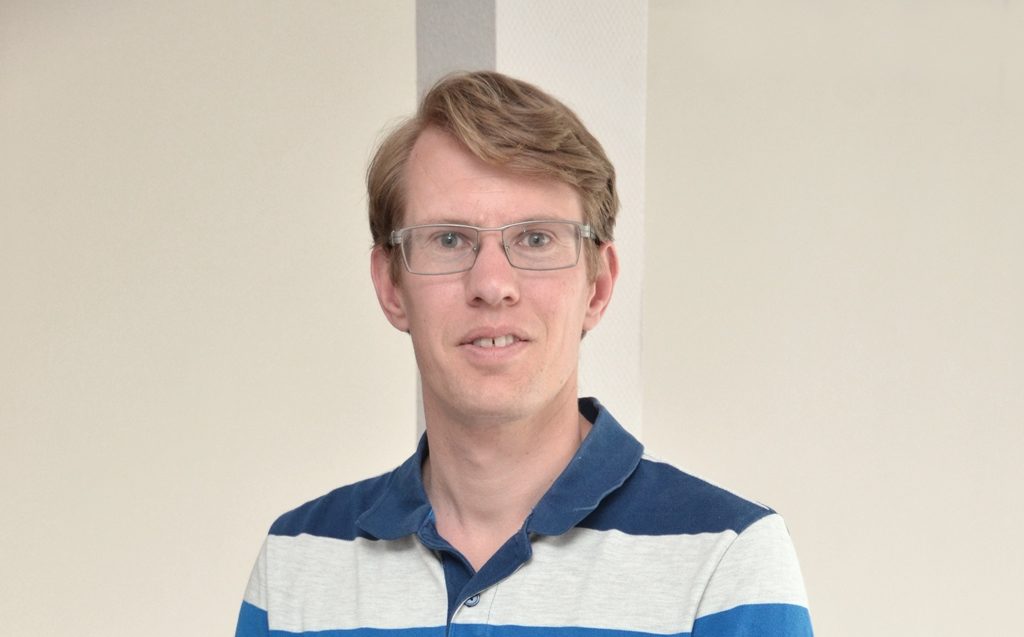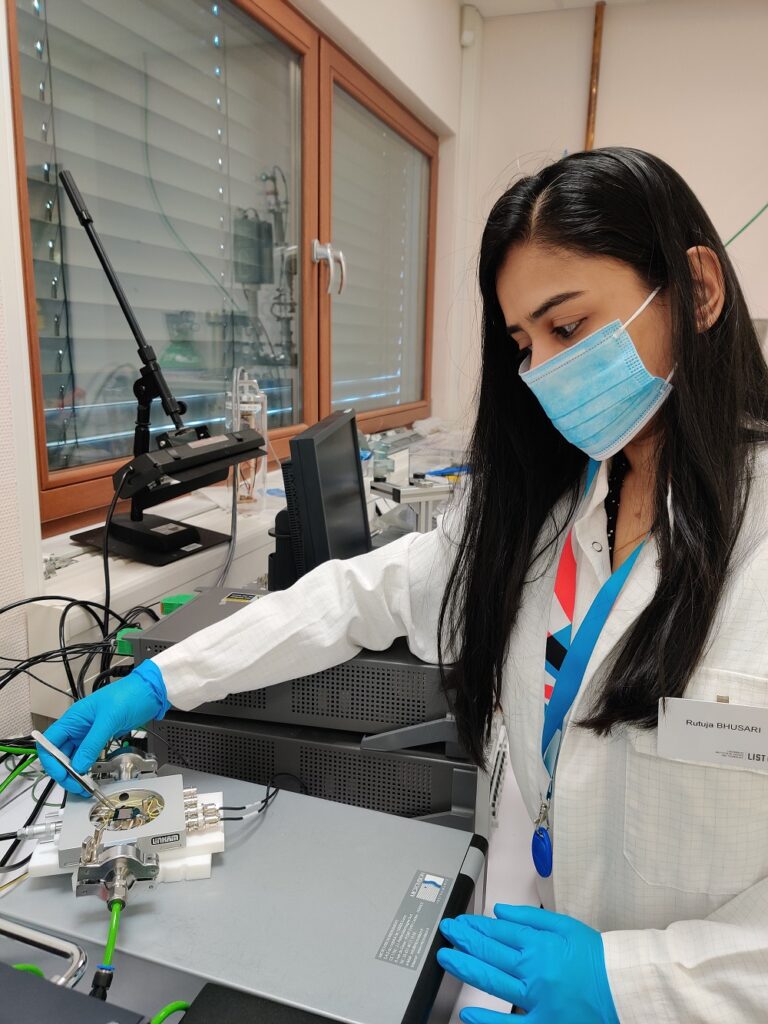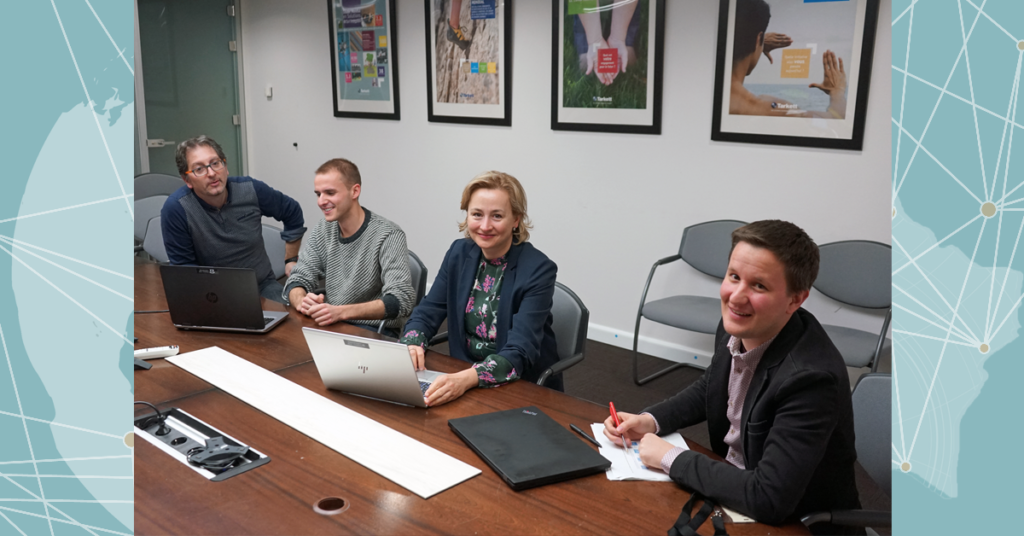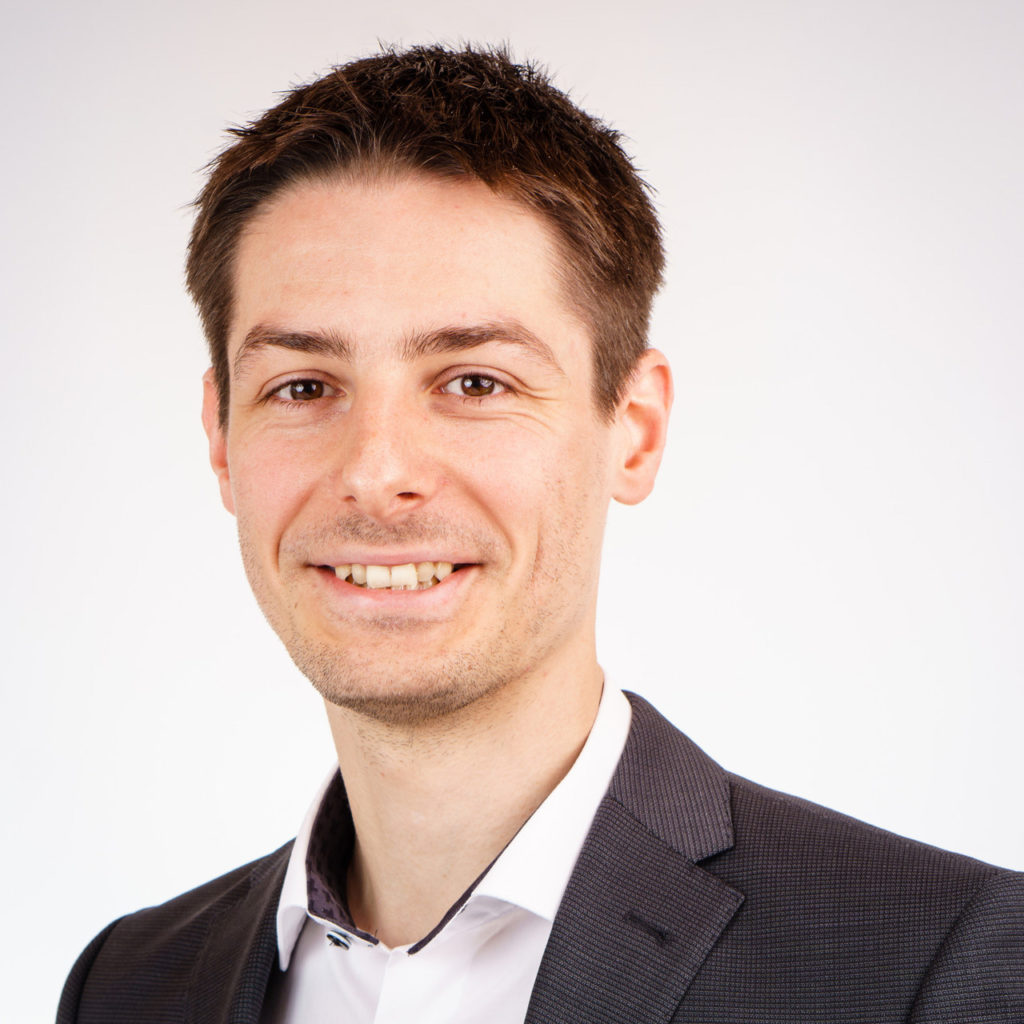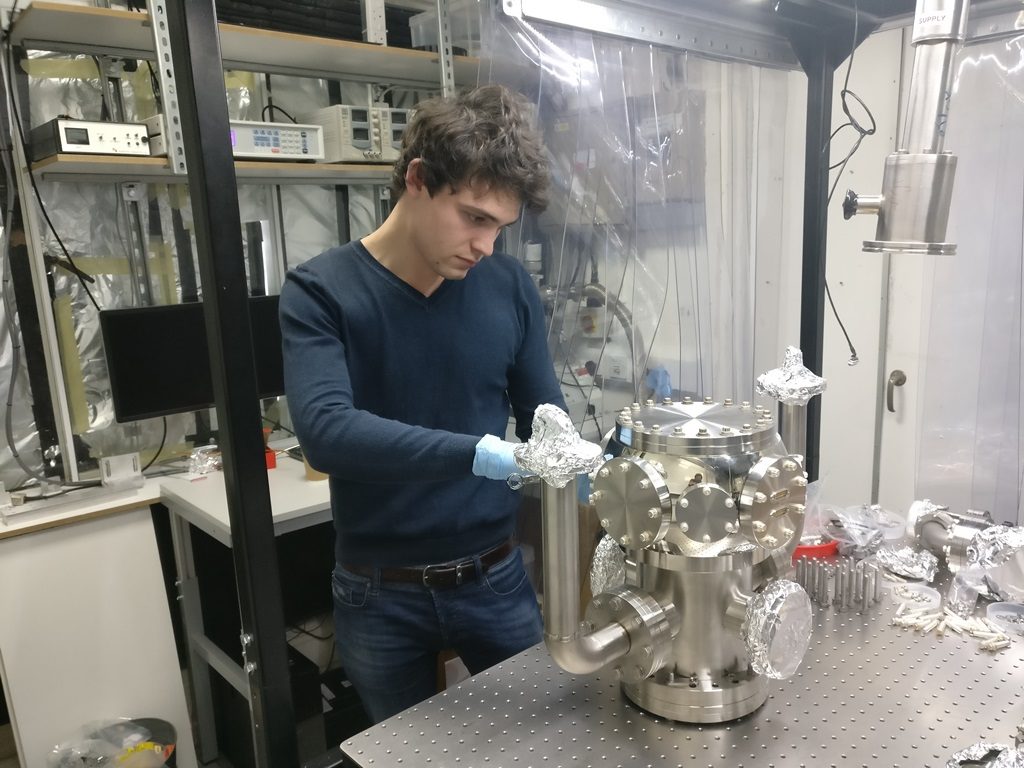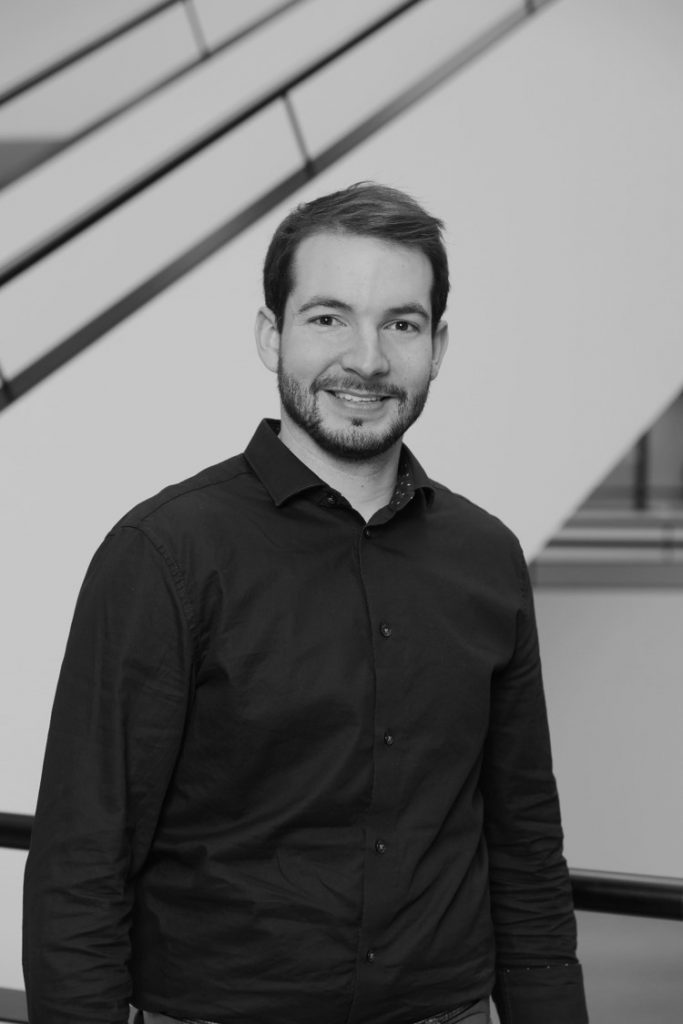
Svenja Bourone is a chemist who has always had a fascination for natural sciences. During her master studies at RWTH Aachen, she became captivated by functional nanomaterials and as chance would have it, a doctoral position opened up in just that field. During her AFR PhD, Svenja developed a new protocol to help with the synthesisation of gold nanoparticles, which she is now putting to use in her work as a Postdoc. The Luxembourg national has a strong desire to return home to the Grand Duchy to continue her work on nanomaterials.
Nanomaterial is a material with particles or constituents of nanoscale dimensions, or one that is produced by nanotechnology. To put the scale of this in to context: A sheet of paper is about 100,000 nanometres thick, it is therefore safe to say that any work in this field requires a potent microscope.
Nanotechnology brings together a diverse field of sciences, such as physics, chemistry, biology, materials science, and engineering. Overall, Svenja’s work falls into the materials science part. But how did Svenja, a passionate chemist, end up as a Postdoc working with nanomaterials?
“I am thrilled with the conception, preparation and investigation of advanced materials presenting unprecedented properties. Therefore, I put the focus of my doctoral and postdoctoral studies on nanomaterials- and technology,” Svenja explains.
Investigating ways to characterise gold nanoparticles
It was during her Masters studies at RWTH Aaachen that Svenja went to a course about functional nanomaterial run by Prof Simon, who would later play an instrumental role in Svenja’s PhD studies. Instantly mesmerised by the topic, Svenja joined Prof Simon’s group to complete her Master studies, investigating possible ways to characterise gold nanoparticles – miniscule parts of gold that can be as small as 5 nanometres. This work led to Svenja’s PhD, as she explains:
“Prof Simon offered me to continue working in his group for my PhD thesis, I readily accepted, as he proposed that I should probe the relation between the composition of gold nanoparticles and their electrical properties, which was exactly why I chose to become a chemist in the first place.”
Svenja explains that nanotechnology “pursues the goal of assembling devices exhibiting unprecedented properties from components so small that they have size-dependent characteristics, which diverge from those of the bulk material. This observation also applies to gold nanoparticles”.
“That is the reason why I develop protocols to synthesize gold nanoparticles presenting an asymmetric structure owing to the molecules on their surface. They can be used as functional elements in electronics, for the detection of biomolecules or drug delivery.”
In order to realise these applications, their asymmetry has to be validated. This presents a challenge, because a tiny number of molecules have to be selectively detected – and this reaches the bounds of current technical feasibility. But Svenja did not let that faze her:
“I accepted this challenge and was able to develop a new protocol, which allows proving the asymmetry of the particles I synthesize. I now use it on a daily basis and investigate the electrical properties of asymmetric gold nanoparticles.”

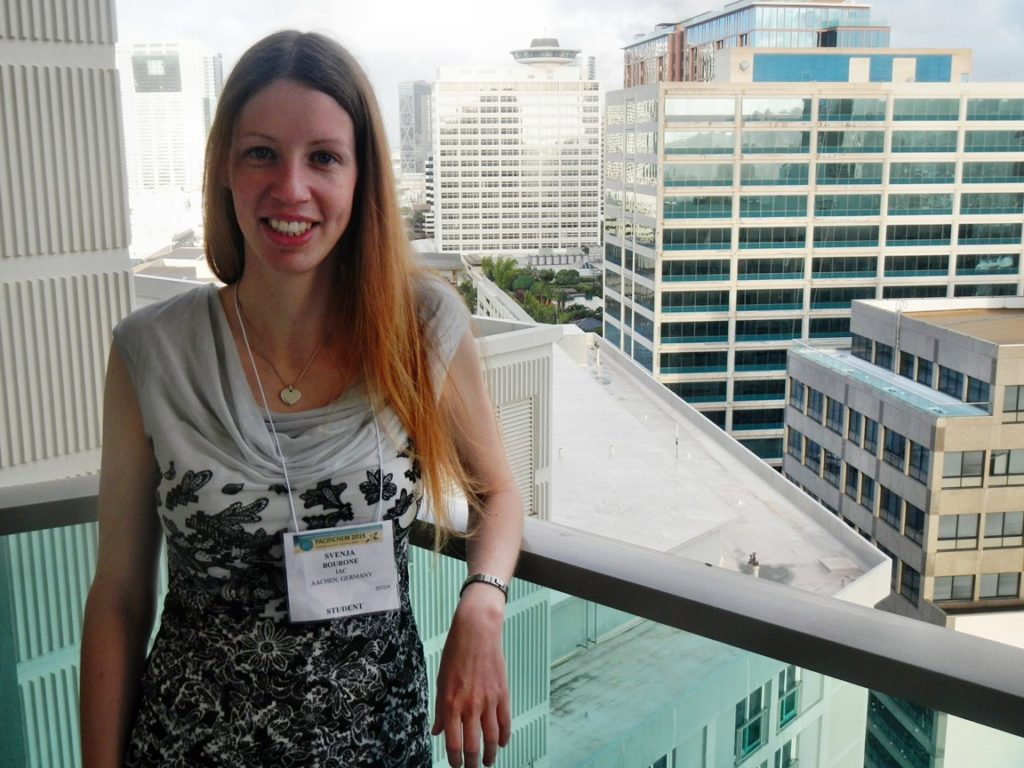
I met scientists from all over the world and discussed my findings as well as the technological progress of nanotechnology with experts in this field.
Of course, by the end of the day, stepping out of the rather dark conference rooms directly onto Waikiki beach was a sublime highlight for itself.”
“Luxembourg’s R&D landscape is developing at a breath-taking pace”
Svenja’s main goal as a researcher is to satisfy her natural curiosity – using scientific studies as a mechanism to better grasp how different factors influence each other – to ultimately gain a better comprehension of the world’s complexity. And she is looking to continue this work in her home country Luxembourg, in the domain of advanced materials – which falls into Luxembourg’s priority research domains. “
Being of Luxembourgish nationality, I am determined to return to Luxembourg since I feel deeply connected to it” Svenja says, adding:
“Therefore, I am all the more pleased that in the last years the Grand Duchy has put a lot of effort in attracting outstanding scientists and establishing a renowned R&D landscape, it has developed into an attractive working place for top researchers.
“Luxembourg’s R&D landscape is developing at a breath-taking pace and new opportunities open up every day, so that there seem to be practically no limits to its evolution.”
Svenja adds that she has in particular set her sight on what is happening in her domain at the Luxembourg Institute of Science and Technology, and hopes she can become a part of it:
“At the Luxembourg Institute of Science and Technology (LIST), a research unit focusing on the use of nanomaterials in practical applications has been founded. Consequently, one of the long-term goals regarding my career is to be part of this establishment of nanoscience and -technology with their exciting opportunities in Luxembourg’s R&D landscape. I strongly believe that they will have a crucial impact on the future technological progress of our society.”
Published Thursday, 15 June 2017
About Spotlight on Young Researchers
Spotlight on Young Researchers is an FNR initiative to highlight early career researchers across the world who have a connection to Luxembourg. This article is the 15th in a series of around 25 articles, which will be published on a weekly basis. You can see more articles below as and when they are published.


